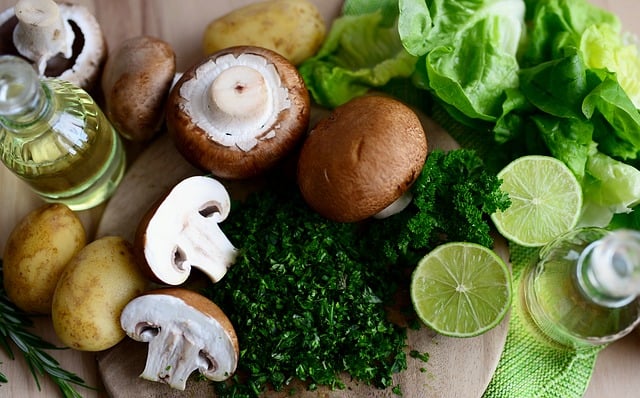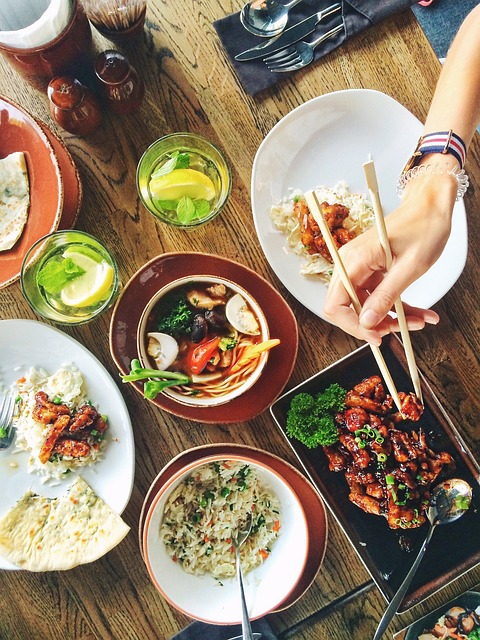
Today, I watched a video featuring Naoya Fujiwara, where he discussed the topics of the universe, the spiritual world, and the act of eating. There were several points that resonated with me, and I’d like to summarize them here.
Around 1999, the term “LOHAS” (Lifestyles of Health and Sustainability) emerged from the United States, signifying a shift in consumer consciousness. Many began to advocate for lifestyles that prioritize health and sustainability, suggesting that this mindset represents the future of consumer behavior.
For those operating in the economy, it was emphasized that acknowledging this new consumer consciousness is crucial for success. It’s not about merely consuming to live but about making consumption choices that support a lifestyle focused on health and sustainability.
This idea has roots in rural lifestyles and has been present in Europe and America for some time.
“Organic” does not strictly mean organic farming. Rather, it signifies being in harmony with nature, not something commercially detached from it. True organic living means being interconnected with everyone and everything around us.
Historically, the notion of harmony with nature was often dismissed as a hindrance to progress. Cutting ties with the organic way of living was seen as necessary for the advancement of modern civilization. However, a shift in perspective emerged around 1999, especially reflected in American literature, recognizing the value of this harmonious existence.
Health encompasses both mental and physical well-being. To be truly healthy, both aspects must be maintained. It’s not about going to the doctor whenever one falls ill; rather, true health involves minimizing the need for medical intervention.
Sustainability, in this context, means extending one’s healthy lifespan. It’s about living long without succumbing to the “hell” of a prolonged life with poor health. The goal is to live in such a way that one remains healthy, independent, and without becoming a burden to others.
One recommended resource is “Yōjōkun” (養生訓) by Kaibara Ekiken, a book from the Edo period that offers advice on longevity. It provides insights into the secrets of long life.
In the past, homes were cold, leading to issues like constant chills, malnutrition, and acute illnesses. Ekiken wrote this book to help people understand the joys that come with longevity.
In summary, the shift towards a lifestyle that embraces health and sustainability is not merely a trend but a necessary evolution in consumer consciousness. Embracing organic principles, minimizing dependency on doctors, and understanding traditional wisdom about longevity can contribute significantly to this lifestyle.

I’ve summarized a part of the video that discussed the concept of organic. The mention of organic piqued my interest, so I listened to Professor Nobuhiro Suzuki’s remarks in another video. He mentioned that the Agricultural Basic Law, known as the constitution of agriculture, was recently amended for the first time in 25 years. He expressed concerns that this could potentially lead to a new food crisis.
For instance, Japan is promoting organic farming. However, strange practices are emerging, such as using genetically modified seeds that are pest-resistant. These seeds don’t require pesticides but do need fertilizers, and yet, this is still labeled as organic.
Chemical pesticides are not allowed, but genetically modified pesticides are permitted in organic farming. Similarly, seeds altered through genome editing can also be used in organic farming.
Such discussions are ongoing.
Personally, I’ve always been skeptical of the organic label. Consumers often don’t know what exactly is used in organic fertilizers. I’ve seen organic vegetables rot quickly, which led me to prefer naturally farmed produce when I was in Japan.
Here, organic products are commonly available in supermarkets. Since the concept of natural farming doesn’t exist, I sometimes choose organic for a slightly higher assurance that pesticides aren’t used.
The definition of organic varies by country. However, the more I learn about Japan’s current situation, the more concerned I become that Japan’s food practices are heading in a troubling direction.
Pursuing safe food can make everyday life very inconvenient. Eating out casually becomes difficult. Dining with friends and acquaintances requires extra caution.
When I once had health issues and paid close attention to my diet, I learned many things.
Fundamentally, I believe that eating what you want (what you find delicious), as much as you want, is the most natural and enjoyable way to live.
However, in modern life, this carefree approach is no longer feasible. Everything seems to be laden with pesticides and additives. Accidentally consuming them might lead to toxins accumulating in the body, potentially causing illness. Even a simple meal feels like a daily battle.
The world seems to be getting increasingly harsh. Nonetheless, it’s crucial to consider what feels best for oneself. What does one consider healthy, and what brings joy and satisfaction? While it’s important to seek the truth from available information, prioritizing what is most important to oneself is also a valid choice.